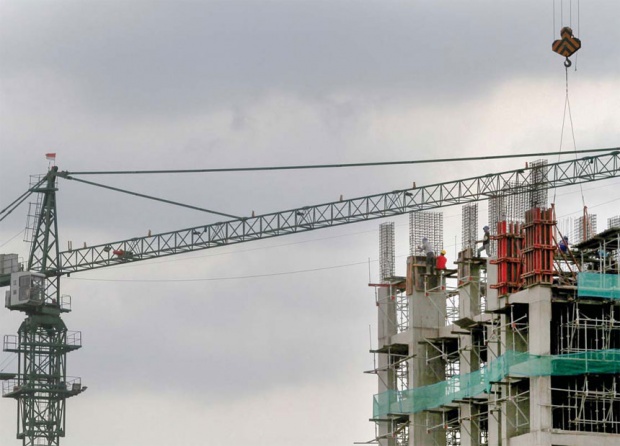
TEMPO.CO, Jakarta - The tax amnesty program that will run through March 2017 offers hopes of increased economic growth. The government may be euphoric over the additional revenues generated, but the success should not tempt it to rest on its laurels.
The much-touted tax amnesty program has managed to collect Rp93.6 trillion as of last September, albeit a far cry from the government's target of Rp165 trillion. While going at the target, the tax directorate-general might as well take advantage of the broad tax base to increase revenues next year.
The government plans to use the additional income from the amnesty program to fund infrastructure projects which are critical to drive economic growth. In the slowly rebounding global economy, Indonesia's growth target of 5.1 percent for 2017 indeed is a realistic one. President Joko Widodo has vowed to increase the growth to 7 percent by the end of his presidential tenure.
The acceleration of infrastructure development projects will surely spur growth increase. To maximize results through the optimal use of the repatriated fund, the government should open doors to the private sector through the public private partnership scheme as the influx of new funds will need a multitude of new investment instruments.
But the government must be consistent when engaging the private sector which unfortunately has been weighed down by uncertainty as indicated by several investor perception survey results. Without uncertainty, the private sector is not likely to invest.
Without new investments, the repatriated funds will likely languish in banks a situation that can trigger high inflation. If this happens, the public will not be able enjoy the benefits of the tax program.
To attract high investment from the private sector, the government must also be consistent in treating both private and state-owned companies equally. Fairness and transparency will foster open healthy competitions facilitating efficient implementation of development projects.
Larger participation of the private sector will create new opportunities. The limited state budget could be allocated for development projects with double effects. In other words, the government should use greater leverage in governing projects to create jobs and to help develop small and medium businesses. It should create more labor-intensive jobs or projects involving suppliers and contractors. This strategy will help the government overcome the weak infrastructure projects which tend to be inflexible, complex and time-consuming.
It is high time the bureaucracy was overhauled. The government should step up the streamlining of permit procedures and eliminate the quota regime and the commerce system that give rise to rent-seeking behavior and make commodity prices soar.
The government must enforce policy consistency in central and regional institutions. So far, many stifling regulations that have been repealed in the capital are still in force in provinces and regencies. Even if they are revoked, more often than not, they are replaced with equally complex new rules.
Another area that the government needs to step up on is corruption eradication. The move to stomp out petty corruption such as illegal levies in various ranks and institutions deserves appreciation. However, crony corruption must neither escape the government's attention as so many cronies control strategic businesses by just using 'post it' messages. These cronies lengthen the chain of fees and costs, ultimately contributing to the limping economy.
This type of corruption can be seen in gas businesses which use licenses as their only capital. They rake in huge profits without breaking a sweat. To borrow the words of economist Faisal Basri, the cost of gas in Indonesia is high because this sector is a fertile ground for rent-seeking.
The government has so far failed to act against this practice that has been going on for years. Jokowi's instruction to lower the gas price is also taken as the order to push down the upstream purchase price without giving thoughts to clean house at the downstream.
Above all of this, the President should, for the next three years, focus only on efforts to increase people's welfare nothing else. The president should not follow the footsteps of his predecessors who focus more on reelection when the time draws near. He must avoid at all cost, the idea of consolidating resources and funds in anticipation of the 2019 elections. (*)
Read the full story in this week's edition of Tempo English Magazine























